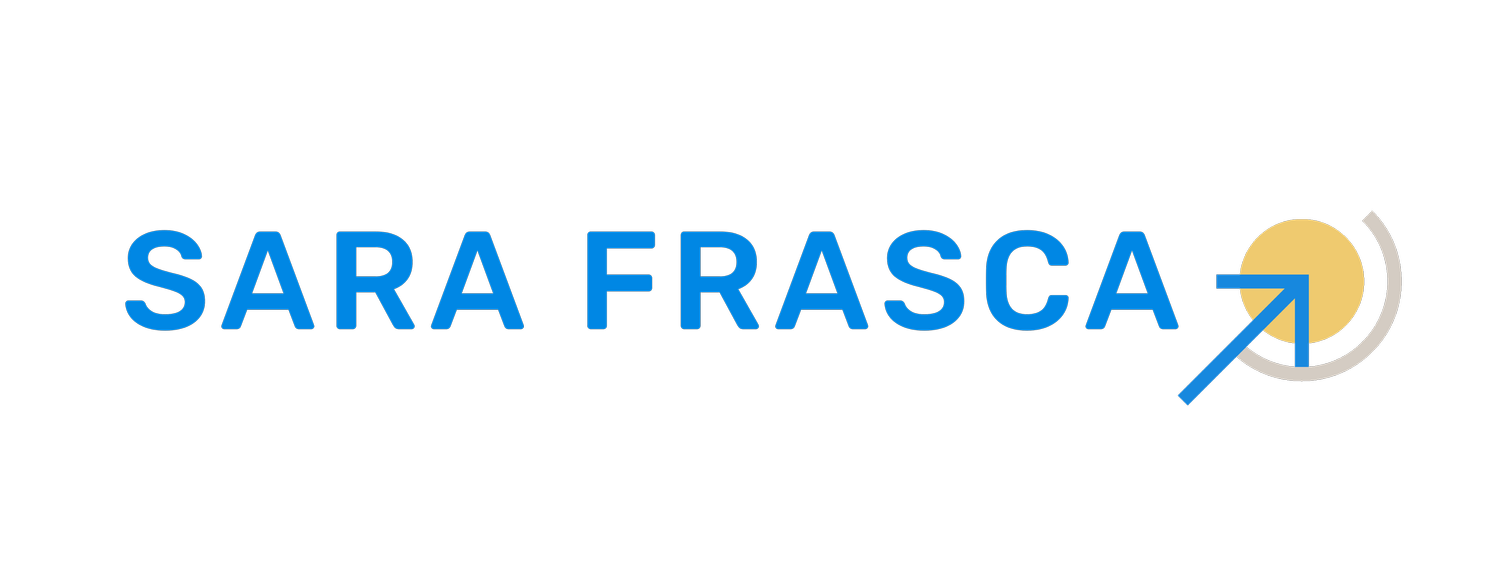Unraveling the Tapestry of Artificial Intelligence: A Glimpse into the Good, the Great, the Bad, and the Ugly
Artificial Intelligence (AI) has seamlessly integrated into our daily lives, bringing forth a wave of innovations that promise to reshape industries, revolutionize education, and propel us into a future filled with both marvels and cautionary tales. In this blog post, I'll guide you through the multifaceted impact of AI, exploring the positive strides, groundbreaking advancements, challenges, and the ethical considerations that accompany its swift evolution.
The Good: Transformative Innovations Across Industries
AI's influence stretches across various sectors, delivering transformative solutions that enhance efficiency, accuracy, and productivity. In healthcare, AI algorithms analyze medical data, facilitating early disease detection and personalized treatment plans. The manufacturing sector benefits from AI-powered automation, reducing costs and accelerating production. Furthermore, AI-driven innovations in finance optimize risk assessment, fraud detection, and portfolio management.
Education stands as another beneficiary of AI's positive impact. Intelligent tutoring systems personalize learning experiences, adapting to individual student needs and creating more effective educational environments. AI-powered tools also streamline administrative tasks, allowing educators to focus on teaching and fostering better student engagement.
The Great: Advancements in Research and Development
The true potential of AI lies in its ability to push the boundaries of research and development. AI algorithms play a pivotal role in expediting scientific discoveries, from drug development to climate modeling. In astronomy, AI assists in analyzing vast datasets, leading to the identification of patterns and phenomena that would otherwise go unnoticed.
Moreover, AI contributes to the development of cutting-edge technologies like self-driving cars, advanced robotics, and natural language processing. These breakthroughs hold the promise of creating a future where human capabilities are augmented, leading to safer, more efficient, and intelligent systems.
The Bad: Challenges and Ethical Dilemmas
Despite its promising aspects, AI presents challenges and ethical concerns that demand careful consideration. Job displacement due to automation is a major issue, particularly in industries reliant on manual labor. As AI systems become more proficient, certain jobs may be at risk, necessitating a proactive approach to reskilling the workforce.
Ethical considerations surrounding bias in AI algorithms also pose significant challenges. If not carefully addressed, AI systems can perpetuate and even exacerbate existing societal inequalities. Developers and policymakers must work collaboratively to ensure fairness and transparency in AI decision-making processes.
The Ugly: Potential Misuse and Security Threats
The darker side of AI involves the potential for misuse and security threats. Deepfake technology, powered by AI, raises concerns about the manipulation of audio and video content for malicious purposes, such as misinformation campaigns. Autonomous weapons systems guided by AI algorithms pose ethical dilemmas related to the potential for uncontrolled use in warfare.
Ensuring the responsible development and deployment of AI requires robust regulations and international cooperation. Striking a balance between innovation and security is crucial to preventing the ugly consequences of AI misapplication.
Conclusion
In conclusion, the tapestry of AI is woven with threads of promise, innovation, challenges, and ethical considerations. The good and great aspects of AI offer transformative solutions, while the bad and ugly underscore the importance of responsible development and ethical deployment. As we navigate the evolving landscape of AI, it is imperative to approach its integration with a mindful and considerate perspective, harnessing its power for the betterment of humanity.
*This blog post was written by ChatGPT, a product of OpenAI's GPT-3.5 architecture.*
